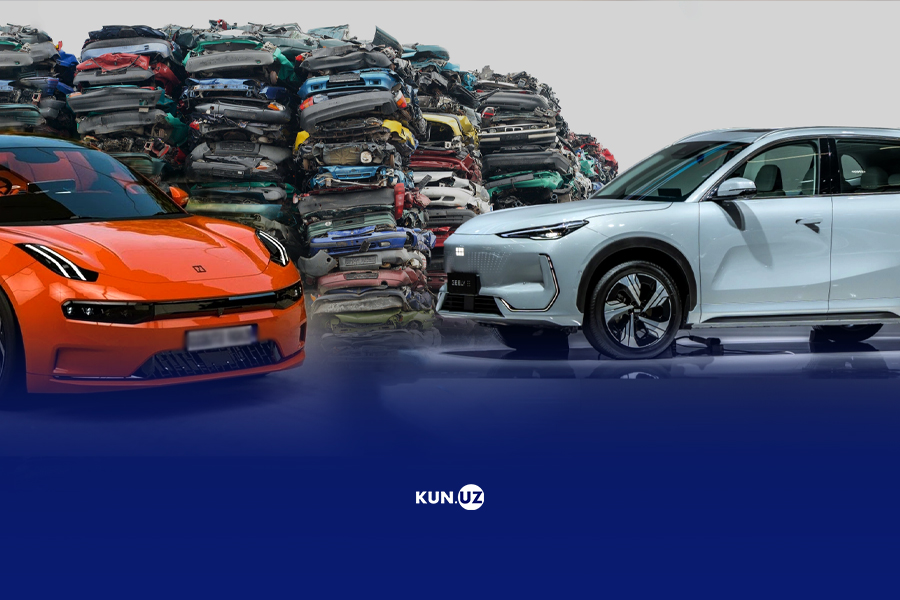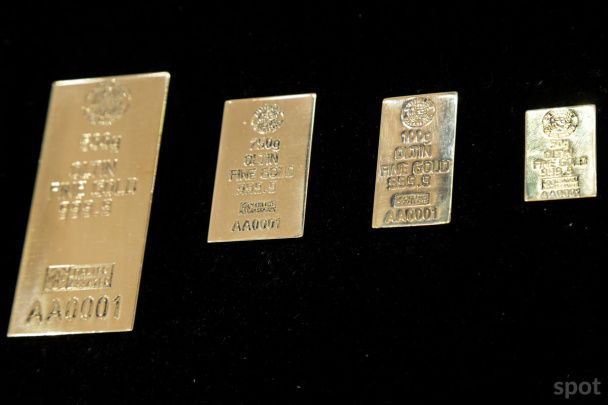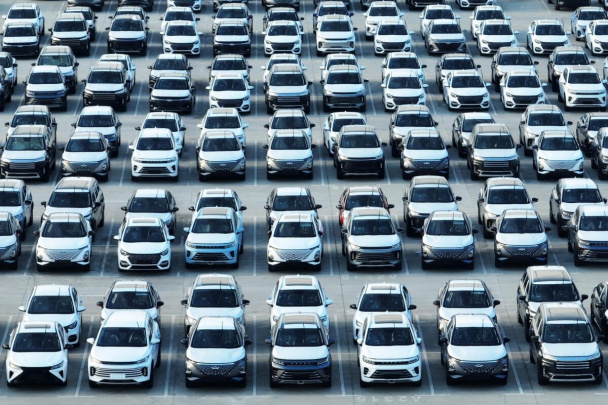Why is Uzbekistan charging $3,500 to import an EV? A look at global practices
If you want to import an electric vehicle (EV) into Uzbekistan, you’ll have to pay a recycling fee of up to 45 million UZS (around $3,500). Kun.uz examined how this system works in other countries and found that neighboring states such as Kazakhstan, Tajikistan, and Kyrgyzstan do not impose such a fee on EVs.

Photo: KUN.UZ
As of May 1, 2025, Uzbekistan sharply increased the recycling fee for imported electric vehicles. For EVs manufactured within the last three years, the fee has risen from 30 to 120 times the base calculation unit (BCU), reaching up to 45 million UZS. For vehicles older than three years, the fee is now 210 times the BCU — that’s 78.75 million UZS (over $6,100). These new rates significantly raise the price of electric vehicles, making them even less affordable for consumers.
Kun.uz reviewed how other countries handle recycling fees.
Central Asian countries
Kazakhstan also charges a recycling fee for imported vehicles, but only for gasoline and hybrid cars. To encourage EV adoption, the government exempts electric vehicles from this fee.
In Kyrgyzstan, the recent surge in cheap EV imports from China led to discussions about introducing a recycling fee. In February 2024, Deputy Minister of Economy Aynura Usenbekova stated that such a fee would be implemented in 2025. However, no changes have occurred yet, and EV imports into Kyrgyzstan remain free of recycling charges.
Tajikistan is among the most supportive countries in Central Asia when it comes to transitioning to environmentally friendly transport. The country imposes no recycling fees on EV imports. In fact, since 2022, customs duties for importing EVs have been lifted. Beginning in May 2025, new EVs less than one year old will also be exempt from VAT and excise taxes. The government in Dushanbe aims to convert 30% of its vehicle fleet to electric by 2030.
Turkmenistan does not officially impose a recycling fee on imported cars either. However, the country has strict restrictions on car imports. Individuals can almost never import a car directly — only specific types of vehicles are allowed in, and only with government permission.
Commonwealth of Independent States (CIS)
Russia was one of the first CIS countries to introduce a recycling fee and remains among the most expensive in this regard. After joining the World Trade Organization, Russia had to lower its customs duties, so it introduced a high “eco-tax” to protect its domestic auto industry by making imports more expensive.
As of January 1, 2025, importing an EV less than three years old into Russia requires a recycling fee of up to 667,400 rubles (about $8,200). For vehicles older than three years, the fee goes up to 1,174,000 rubles (about $14,800).
However, there’s an important nuance: these high fees apply only to legal entities (businesses). If an individual — say, “Andrey” — wants to import an EV for personal use from China, he pays only 3,400 rubles (around $42). The catch: Alexey cannot import another vehicle under the reduced rate within the same calendar year, nor can he sell the imported car within 12 months.
In Uzbekistan, however, both individual importers (like “Eshmat”) and companies (like Eshmat Auto LLC) pay the same flat recycling fee of 45 million UZS. No discounts or exemptions are offered to private individuals.
In Belarus, recycling fees are similar to Russia’s, due to Moscow’s influence and the customs union between the two countries. Previously, importing vehicles through Minsk was cheaper for Russians, so Belarus harmonized its fees with Russia’s.
Currently, EV imports into Belarus are exempt from VAT and customs duties. For individuals, the recycling fee ranges from $166 to $250 depending on the vehicle’s age. For businesses, the rates are aligned with Russia’s.
Armenia has no recycling fee. Moreover, EVs can be imported without paying customs duties or VAT — but only within a limited quota, set at 8,000 vehicles for 2025. In return, Armenians are not allowed to resell the imported vehicles to Russian citizens.
Azerbaijan eliminated customs duties and excise taxes on eco-friendly vehicle imports in 2019, though VAT still applies. In 2022, the government discussed introducing a recycling fee for EVs, but the idea was never implemented.
The European Union’s approach
In the EU, vehicle waste management is governed by a directive adopted on September 18, 2000. It requires automakers and large importers to establish networks of collection points for old vehicles. No government recycling fees are charged.
Anyone who imports a new or used vehicle — for example, from Germany to France — pays no recycling fee.
Importantly, EU laws clearly state that these obligations apply only to large manufacturers and importers, not to individuals bringing in cars. Moreover, many EU countries actively promote EV adoption through incentives rather than additional taxes or fees.
Developed Asian countries
Like Uzbekistan, Japan does charge a recycling fee — but it is modest, between 6,000 and 18,000 yen ($41–$123). The payment is made upfront and stored in a special fund to finance the car’s future disposal. When a vehicle is no longer roadworthy, the owner takes it to a recycling center, which then receives funding from the manufacturer or the fund to handle the disposal.
In Japan, the process is transparent: the money collected is strictly used for recycling. In Uzbekistan, by contrast, how recycling fees are spent remains unclear, and there are concerns that the funds may be used for unrelated purposes.
South Korea follows the EU’s “extended producer responsibility” model. Buyers do not pay any recycling fee — manufacturers bear the cost.
Final thoughts
While many countries are encouraging EV imports, Uzbekistan appears to be creating artificial barriers. The country still lacks the infrastructure to recycle EV batteries. This suggests that the recycling fee is not genuinely motivated by environmental concerns but rather by a protectionist policy aimed at limiting imports.
The government’s resolution included a provision to develop a clear mechanism for the effective use of recycling fees within two months. As of now, no progress has been reported.
Related News

13:43 / 24.05.2025
Certificates for sale? Imported car testing bottleneck in Piskent fuels corruption suspicions

14:13 / 22.05.2025
Uzbekistan’s foreign trade hits $24.6 billion, with gold exports surging to $5.48 billion in just four months

17:34 / 13.05.2025
Uzbekistan’s car imports plunge threefold

14:37 / 08.05.2025




